Energy-Saving Techniques Overview
When considering energy efficiency in the realm of home appliances, it’s essential to grasp the significance of conserving energy and the advantages that come with energy-saving upgrades. By focusing on sustainable practices and implementing energy-saving strategies, you not only contribute to a greener environment but also unlock potential savings on your utility bills.
Importance of Energy Efficiency
Investing in energy efficiency is a highly effective approach to combat climate change, improve air quality, manage expenses, and enhance the financial performance of businesses. A growing number of American consumers and businesses are opting for energy-efficient products, recognizing the dual benefits of reducing environmental impact and cutting down on operational costs (ENERGY STAR).
Benefits of Energy-Saving Upgrades
Energy-saving upgrades offer a range of benefits, spanning from financial relief to improved quality of life. By lowering your monthly energy bills, you can alleviate financial strain, particularly for households burdened with high energy costs. Energy-efficient products such as light bulbs, windows, and appliances not only reduce energy expenses but also contribute to making energy more affordable, thereby enhancing overall financial well-being. Moreover, enhancing energy efficiency can elevate the health, comfort, and safety within your home environment.
While energy-efficient products may entail a higher upfront cost, they prove to be cost-effective in the long run. For instance, an energy-efficient electric heat pump water heater, despite an initial price premium of approximately $700 compared to a standard electric water heater, can yield savings of up to $3,500 over its lifespan. Many utility providers offer rebates and incentives, ranging from $25 to $1000, towards the purchase of energy-efficient products like heat pump water heaters, making the transition to energy efficiency more financially viable (ENERGY STAR).
Governments worldwide also play a vital role in promoting energy efficiency by providing various incentives and rebates to encourage individuals and businesses to enhance their energy consumption practices. These initiatives include financial aid, tax credits, and subsidies for upgrading appliances, incorporating solar technology, or enhancing insulation. By collectively striving to reduce energy usage and greenhouse gas emissions, these efforts not only foster economic growth but also contribute to a sustainable future (Freedom GPT).
Implementing Energy-Efficient Appliances
When it comes to reducing your energy consumption and lowering utility bills, upgrading to energy-efficient appliances can make a significant impact. By investing in appliances that are designed to consume less energy while maintaining high performance, you can enhance both your home’s efficiency and your savings. Let’s explore two key areas where these upgrades can be particularly beneficial: efficient washer and dryer technologies and upgrading refrigerators and freezers.
Efficient Washer and Dryer Technologies
Energy-efficient washers and dryers are equipped with advanced technologies that not only help you save energy but also improve the overall efficiency of your laundry routines. These appliances incorporate features that enhance water and energy usage, ultimately reducing your environmental impact and utility costs.
Efficient washers have greater tub capacities and utilize innovative technologies such as sensors to monitor water levels and temperature. Front-loading models are especially efficient, using substantially less water compared to top-loading models. According to USAID, highly efficient washers can use 25% less energy and 40% less water than regular washers.
Dryers are also designed to be energy-efficient, utilizing technologies like moisture sensors that detect when clothes are dry and automatically shut off the dryer. This feature not only saves energy but also prevents over-drying, extending the life of your clothes. With energy-efficient dryers, you can enjoy the convenience of modern laundry appliances while contributing to a more sustainable home.
For more tips on eco-friendly laundry practices and energy-saving appliance innovations, check out our articles on eco-friendly appliance usage and appliance energy-saving innovations.
Upgrading Refrigerators and Freezers
Refrigerators and freezers are essential appliances in every home, but they can also be significant contributors to your energy consumption. By upgrading to energy-efficient models, you can reduce your electricity usage while keeping your food fresh and frozen efficiently.
Energy-efficient refrigerators and freezers are designed with improved insulation and higher efficiency compressors. These features help optimize the cooling process, resulting in lower energy consumption without compromising performance. According to USAID, efficient refrigerators and freezers are beneficial not only for residential settings but also for commercial and industrial applications.
When considering upgrading your refrigerator or freezer, look for energy-saving features such as improved insulation, high-efficiency compressors, and smart temperature control systems. By choosing appliances that are ENERGY STAR certified, you can be confident that you are investing in products that meet stringent energy efficiency standards.
To learn more about the latest energy-saving appliance technologies and cost-effective strategies for reducing your energy consumption, explore our resources on energy-saving appliance technologies and cost-effective appliance energy savings. By making informed choices and selecting energy-efficient appliances that align with your sustainability goals, you can unleash your savings potential while contributing to a greener, more energy-efficient future.

